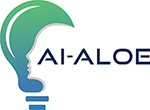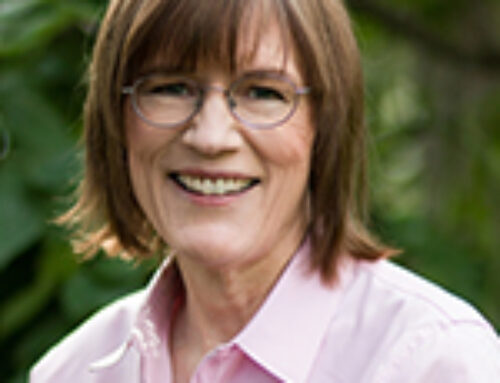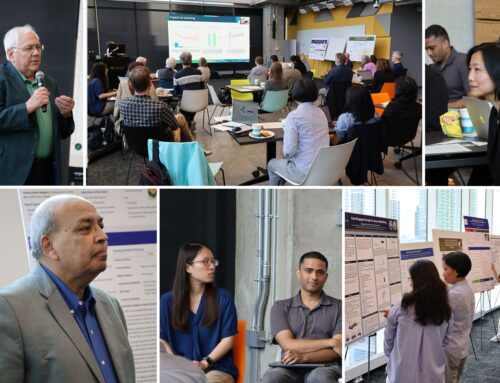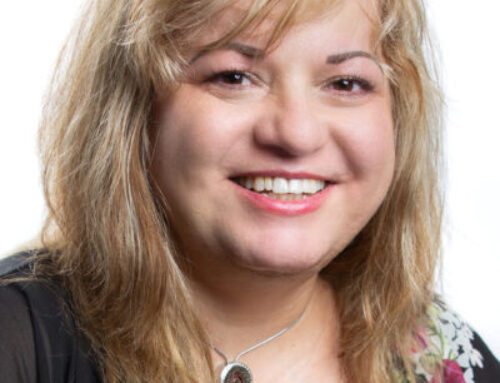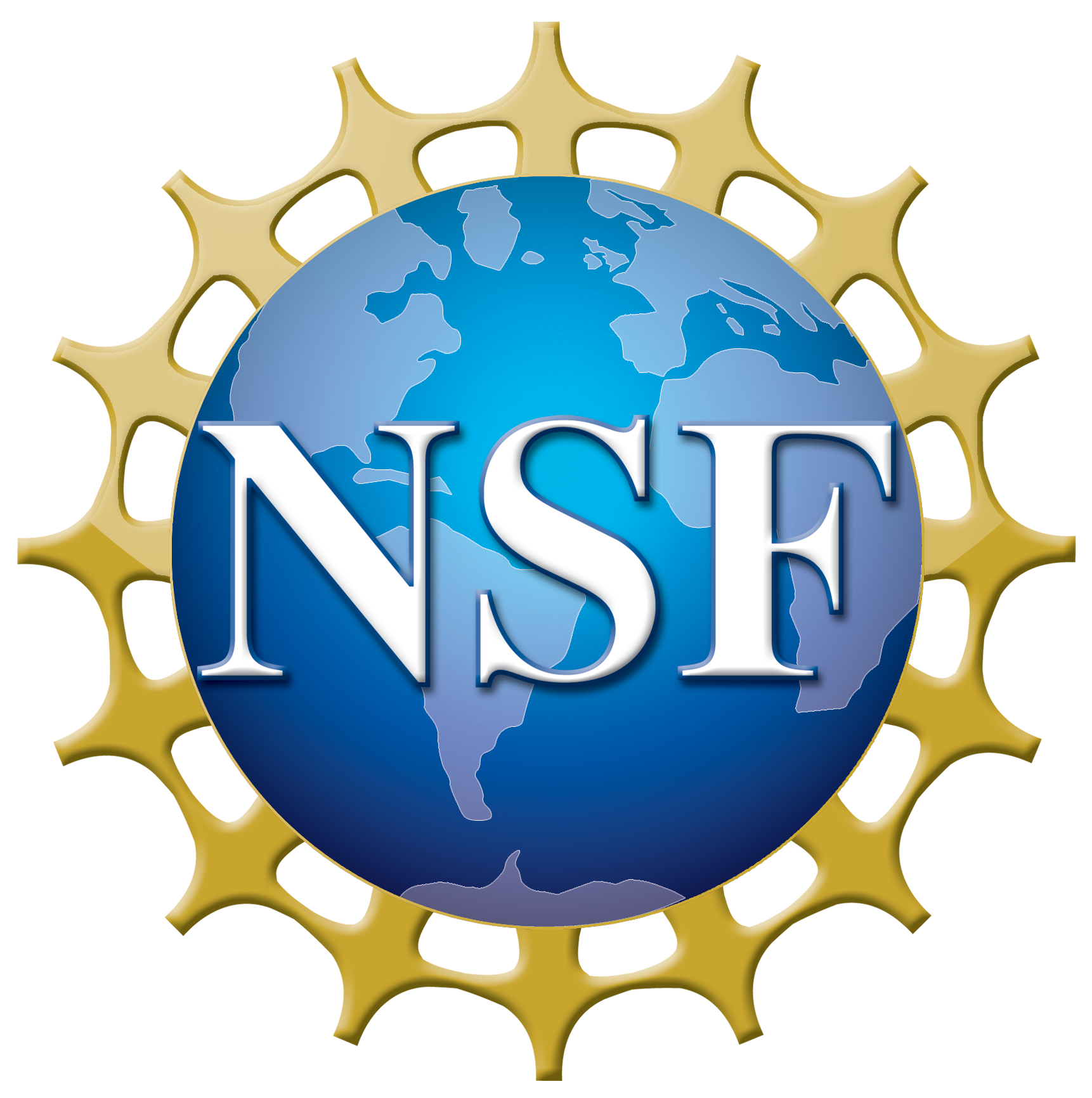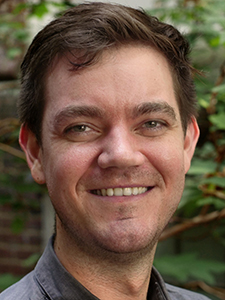
Meet Langdon Holmes, an AI-ALOE member and a second year Ph.D. student in the Department of Psychology and Human Development at Vanderbilt University where he studies language learning and educational technology. He is advised by Dr. Scott Crossley in the Language and Educational Analytics Research Lab (LEAR Lab). Their work is focused on using data science to generate insights about language, learning and education that support AI-driven theory, applications, research and interventions.
Langdon’s research areas are learning analytics, second language acquisition, transformers. He was awarded a $30k grant from the Learning Agency to create a dataset of student generated text labeled for personally identifiable information. The project will help address private information appearing in learner data, which helps prevent this type of data from being shared between researchers.
What are your main research areas at AI-ALOE?
My two main research areas are “deidentification of student data for open science” and “learning analytics with natural language.”
What drives your research with AI-ALOE?
At ALOE, we believe that AI has the potential to improve learning outcomes for adult learners. Adult learning will allow individuals to reskill in response to changes in technology and other factors that affect their employability. Adult learning also may uncover hidden talents in individuals who did not meet their academic potential as adolescents. Ultimately, I am driven by the idea that learning will become a bigger part of people’s lives, giving everyone more opportunities to develop valuable skills and reach their fullest potential.
How did you develop an interest in your research?
As an undergrad, I studied comparative literature with a particular interest in Latin American poetry. I thought I would become an English teacher and spent over five years teaching English. During that time, I became increasingly interested in linguistics because it allowed me to give my students better feedback. When the pandemic struck, I was nearing the end of my Master’s degree in applied linguistics, and I found myself with plenty of spare time to learn how to write computer code. I became fascinated with large language models and began learning about them as much as possible. I still have a deep interest in education (and especially language learning), but now I am more interested in building tools for learners and educators. As a teacher, I could only help 30 students at a time (on a good day), but with educational technology, there is potential to help transform education at a societal level.
What are your hobbies and some fun facts about you?
I like board games, video games, and dinner parties. Here’s a fun fact: I sold my car and bought a one-way plane ticket to Chile when I graduated college. I stayed there for two years (eventually finding work as an English teacher) before applying to graduate school.
